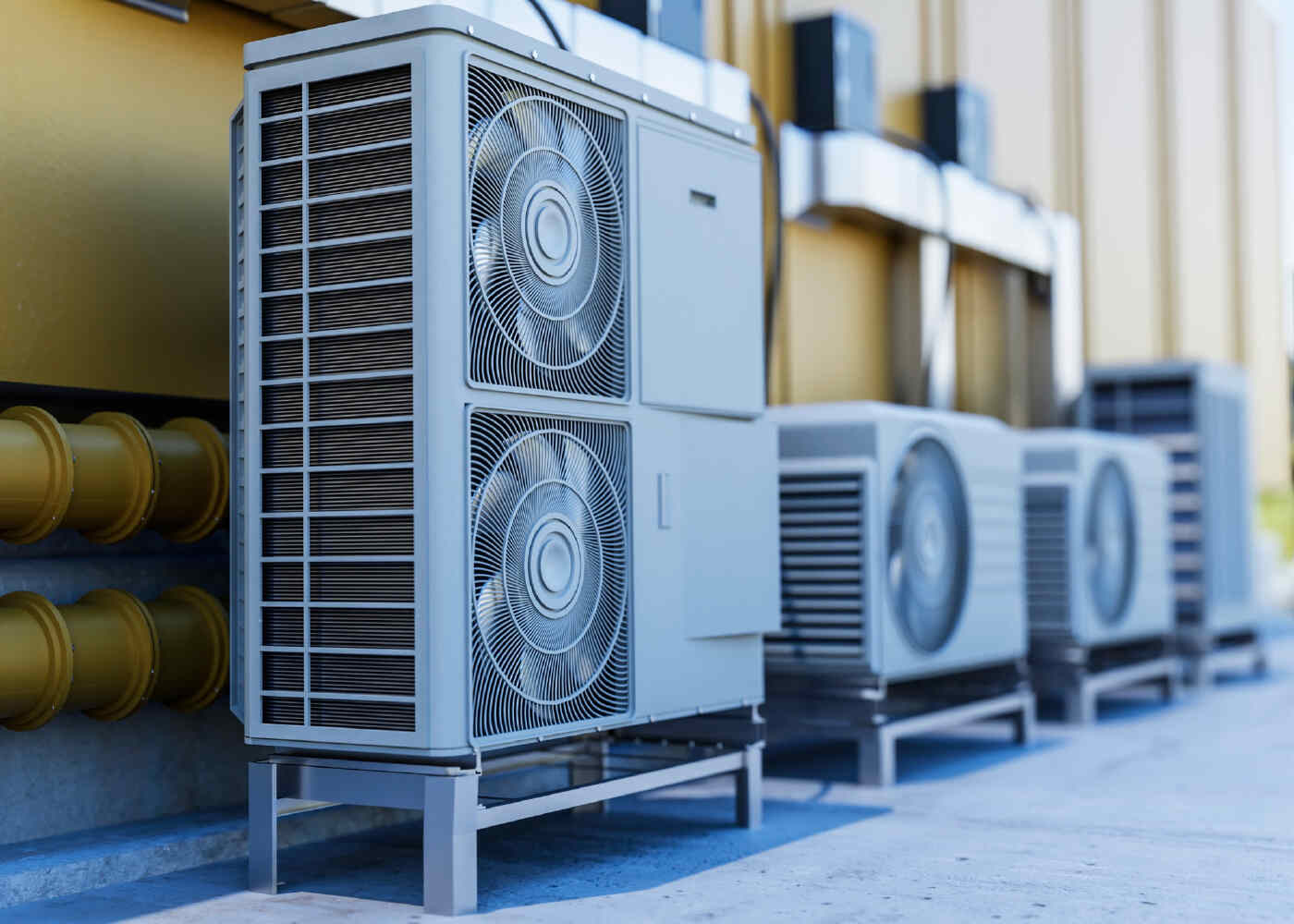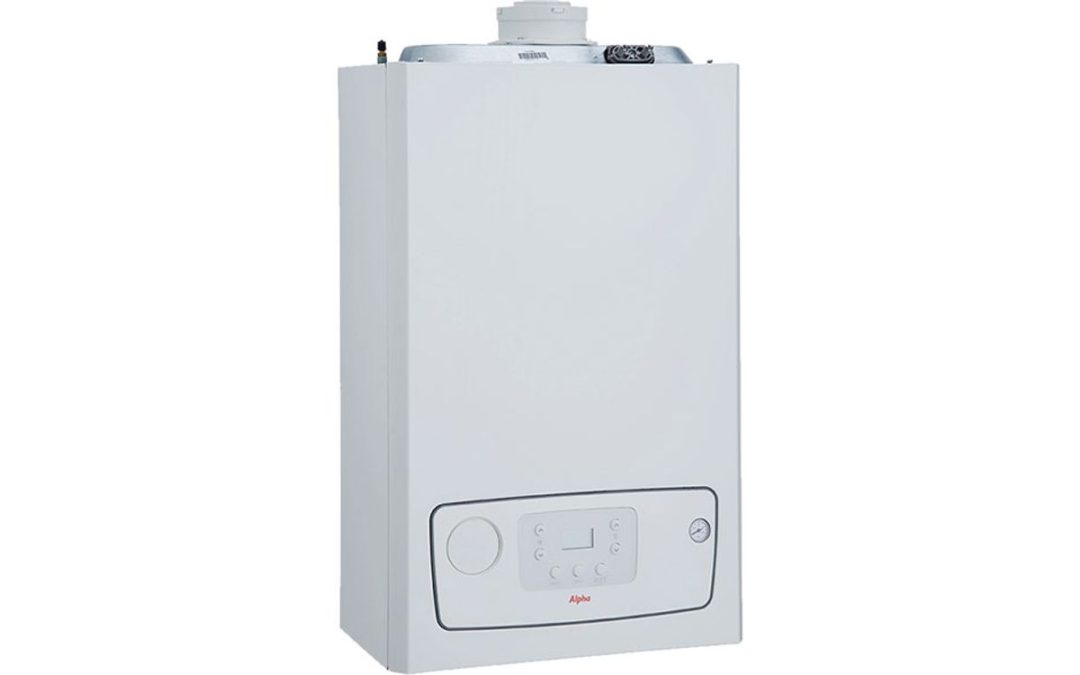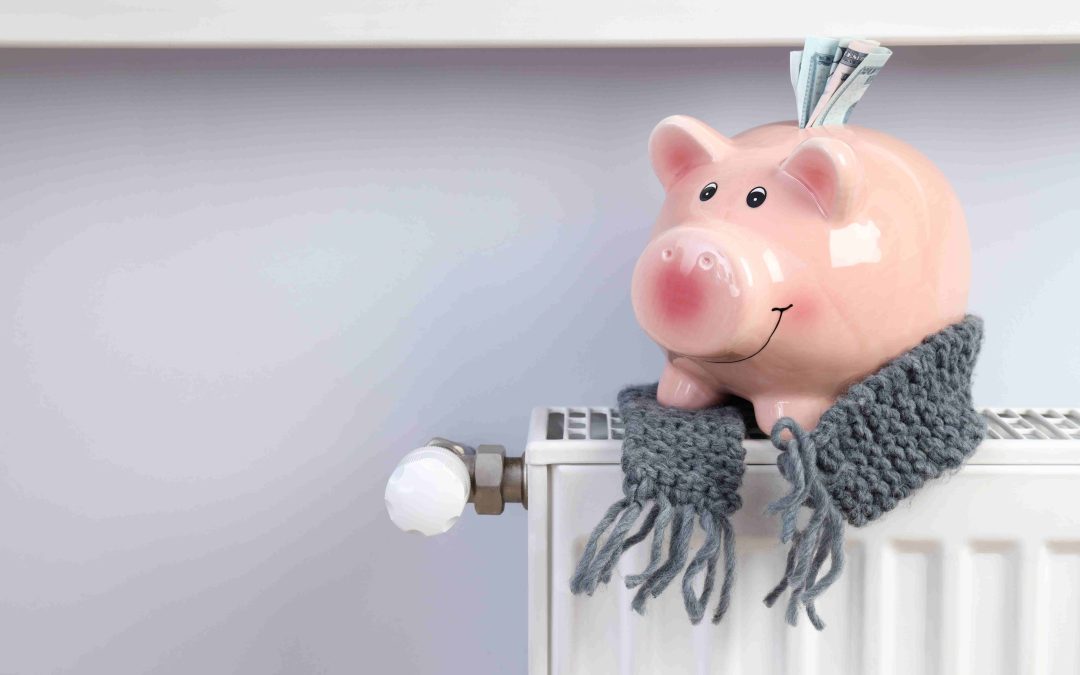The UK government has recently announced its intention to promote gas boiler alternatives, heat pumps as a solution to reducing carbon emissions and reaching its net-zero target by 2050. While heat pumps can be a valuable tool in reducing greenhouse gas emissions, there are several negative consequences that must be considered, particularly in colder climates like the UK.
Thank you for reading this post, don't forget to subscribe!Heat pumps as a gas boiler alternative
Firstly, heat pumps as a gas boiler alternative operate less efficiently in colder temperatures, which means that they require more energy to generate the same amount of heat. This is because heat pumps work by transferring heat from the air or ground outside into the building, and when the outside temperature drops, there is less heat available to transfer. As a result, the efficiency of the heat pump drops, leading to higher energy consumption and higher carbon emissions. In areas like the UK where temperatures frequently drop below freezing in the winter months, this can be a significant problem. As a gas boiler alternative this can actually prove more costly in the long run.
Secondly, the installation and maintenance costs of gas boiler alternatives such as heat pumps are considerably higher than traditional heating systems. This can be a major barrier for low-income households, who may not be able to afford the upfront costs of installation or the ongoing maintenance costs. Additionally, many existing homes are not suitable for retrofitting heat pumps, which means that they would require significant renovations to install them. This could be a prohibitively expensive gas boiler alternative for many homeowners, particularly in older or more historic properties.
Thirdly, there are concerns around the reliability of heat pumps in colder climates. As the technology is still relatively new, there is limited data available on how these gas boiler alternatives perform in cold weather. There have been reports of heat pumps freezing or breaking down during particularly cold spells, leaving homeowners without heating and hot water. This can be particularly dangerous for vulnerable populations, such as the elderly or those with underlying health conditions.
Finally, there are also concerns around the environmental impact of the materials used in heat pumps. The manufacturing process for heat pumps requires the use of rare earth metals and other materials that are often mined in environmentally damaging ways. Additionally, the disposal of heat pumps at the end of their life can be problematic, as they often contain refrigerants that can be harmful to the environment if not disposed of properly.
Heat pumps as a gas boiler alternative in conclusion…
In conclusion, while heat pumps may be a valuable gas boiler alternative in reducing carbon emissions, they are not a one-size-fits-all solution for the UK. In colder climates like the UK, the drawbacks of heat pumps may outweigh the benefits, particularly for low-income households or those living in older properties. The UK government should explore a range of options for reducing carbon emissions, rather than relying solely on heat pumps. This could include investing in renewable energy sources like wind and solar power, improving energy efficiency in existing buildings, and promoting alternative heating technologies like biomass boilers or district heating schemes.
If you wish to learn more about this subject, feel free to get in touch with Bumblebee heating, we can provide you with honest advice on which may be the best heating system for you. We are your local trusted heating and boiler installation experts.
Karl Talbot
2023




